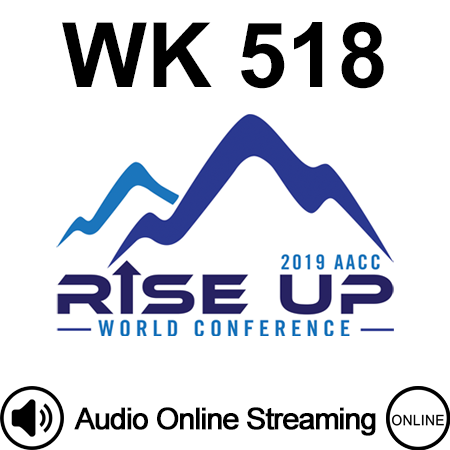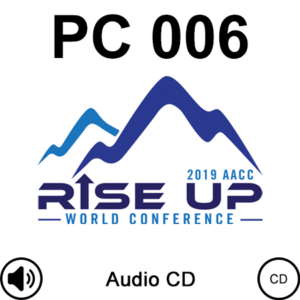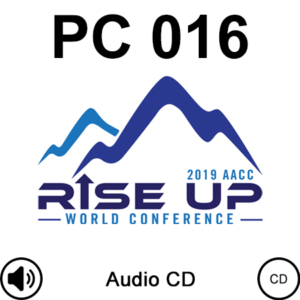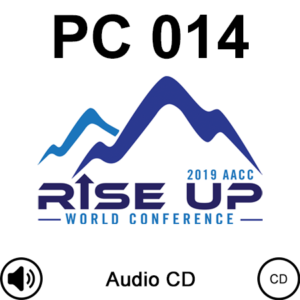Description
Whether clinician, pastoral, or lay counselor, we all desire improved treatment outcomes for
hurting people. In the same way that physical health care has become more specialized in
recent years, so has mental health care, resulting in a growing number of options for care. The
number of people suffering from sexual trauma/abuse, sexual addiction, eating disorders,
marital strife, dysfunctional relationships, divorce, grief, etc. is huge and growing, yet many
Christians are unsure where to go for help. Should they go to the Church, a clinician, a support
group? Why not all three? What might be the impact on treatment outcomes if there was an
increased, intentional collaboration between the clinician, the pastoral counselor and the
leaders of focused support groups (Proverbs 11:14)? One of the obstacles for improved
treatment outcomes has been the lack of collaboration between the clinician and the Church.
This workshop will identify and discuss the impact an increased and intentional collaboration
has on client outcome. We will demonstrate how clinicians, teaming up with pastoral
counselors and focused support group leaders, provide a more comprehensive system of care
to those in need. Encouraging the hurting to participate in focused support groups, pastoral
counseling and professional therapy concurrently, will improve treatment outcomes that
exceed those working in only one of these settings. Increased collaboration will then increase
the effectiveness of each individual setting.
Presented by: Brent Van Elswyk, D.Min. & Wendy Mahill, B.S. & Nancy Keller, M.S.
Learning Objectives
Participants will:
- Discuss the benefits and obstacles to helping those suffering with mental health and trauma issues through an increased, intentional collaboration between clinician, pastoral counselor and focused support group leader
- Identify and explore specific strategies for increased collaboration and networking between focused support groups, therapy groups, clinicians and the Church to enhance treatment outcomes for your clients
- Demonstrate how a pastor, trained lay counselor/support group leader, and licensed clinician have collaborated together to help hurting people in their community





